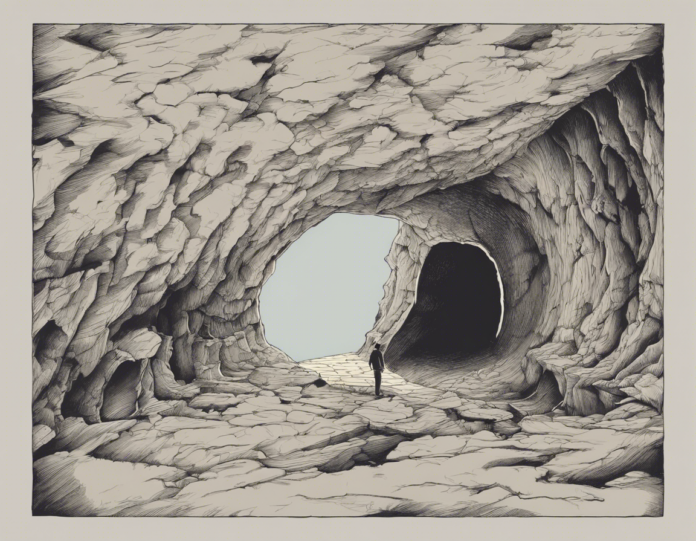As humans, we are naturally drawn to the unknown, to the questions that have yet to be answered. One of the most intriguing and enigmatic phenomena in our universe is the black hole. These cosmic entities, with their immense gravitational pull, have captured the imagination of scientists and the public alike for decades. In this article, we will delve into the mysteries of black holes, exploring what they are, how they form, and what role they play in the cosmos.
What is a Black Hole?
A black hole is a region in space where the gravitational pull is so strong that nothing, not even light, can escape its grasp. This phenomenon occurs when a massive star collapses in on itself, creating a singularity with infinite density. The boundary surrounding the singularity is known as the event horizon, which marks the point of no return.
Types of Black Holes
There are several types of black holes, each distinguished by their size and how they are formed:
- Stellar Black Holes: Formed when a massive star collapses in on itself.
- Supermassive Black Holes: Found at the center of most galaxies, including our own Milky Way.
- Intermediate Black Holes: Intermediate in size between stellar and supermassive black holes.
- Primordial Black Holes: Hypothetical black holes formed in the early universe.
How Do Black Holes Form?
Black holes are formed through a process known as stellar collapse. When a massive star exhausts its nuclear fuel, it can no longer support its own weight against gravitational forces. The star then undergoes a rapid collapse, leading to the formation of a black hole. The size of the black hole that forms is directly related to the mass of the star that collapsed.
Properties of Black Holes
Black holes possess several unique properties that set them apart from other celestial objects:
- Singularity: A point of infinite density at the center of a black hole.
- Event Horizon: The boundary beyond which no information can escape.
- Hawking Radiation: Theoretical radiation predicted by physicist Stephen Hawking.
The Life Cycle of a Black Hole
Black holes have a complex life cycle that begins with their formation and continues through several stages:
- Formation: Stellar collapse leads to the birth of a black hole.
- Accretion: Black holes grow by accreting matter from their surroundings.
- Evaporation: Through Hawking radiation, black holes slowly lose mass over time.
- Death: Eventually, black holes can evaporate completely, leaving behind nothing.
Black Holes and the Universe
Black holes play a crucial role in shaping the cosmos and influencing the evolution of galaxies. Some ways in which black holes impact the universe include:
- Galaxy Formation: Supermassive black holes at the center of galaxies influence their formation and growth.
- Stellar Evolution: Black holes regulate the life cycles of stars within galaxies.
- Cosmic Evolution: Studying black holes can provide insights into the history and future of the universe.
Unraveling the Mysteries
Despite our fascination with black holes, many questions remain unanswered. Scientists continue to explore these enigmatic phenomena through theoretical models and observational studies. Some ongoing research topics include:
- Black Hole Information Paradox: The fate of information falling into a black hole.
- Quantum Gravity: Uniting quantum mechanics and general relativity to understand black hole physics.
- Black Hole Mergers: Observing gravitational waves from merging black holes.
FAQs about Black Holes:
-
How are black holes detected?
Black holes are detected through their effects on nearby objects, such as the distortion of light from stars or the emission of X-rays from accreting matter. -
Can anything escape a black hole?
Once something crosses the event horizon of a black hole, it cannot escape due to the immense gravitational pull. -
Do black holes move?
Black holes can move through space if they are part of a system with other objects, such as in a binary star system. -
Are black holes dangerous to Earth?
The nearest known black hole, Sagittarius A*, is located in the center of our galaxy, but poses no direct danger to Earth. -
Can a black hole destroy the universe?
While black holes can have a significant impact on their immediate surroundings, they are not capable of destroying the entire universe.
In conclusion, black holes represent some of the most intriguing and mysterious phenomena in the universe. Their properties challenge our understanding of physics and cosmology, while their existence raises profound questions about the nature of space and time. Through continued research and observation, scientists hope to unlock the secrets of black holes and gain deeper insights into the workings of the cosmos.


Recent comments